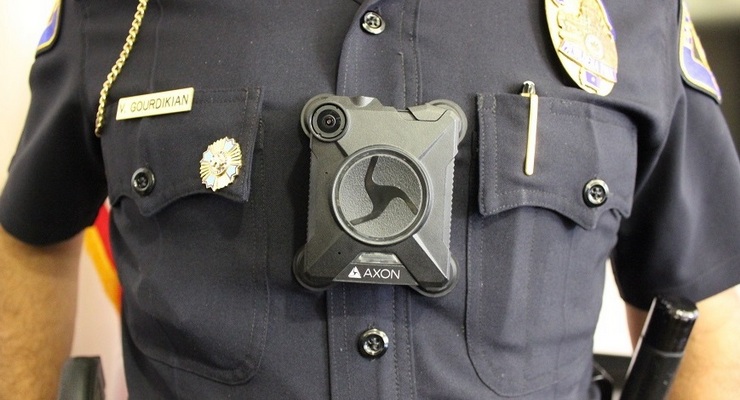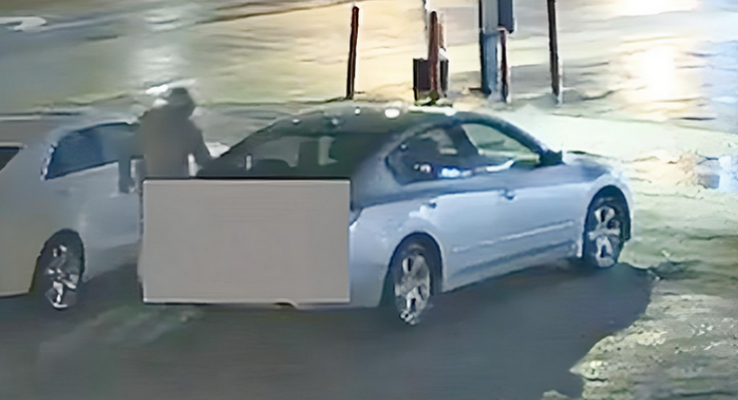 The 1st Annual Los Angeles Theology Conference, the only theology conference that has been L.A.-wide, proved a great success January 17-18, at Biola University.Speakers from around the world joined the distinguished panel to reflect specifically on the topic of Christology, the field of study within Christian theology that is primarily concerned with the nature and person of Jesus Christ as recorded in the canonical Gospels and the epistles of the New Testament.
The 1st Annual Los Angeles Theology Conference, the only theology conference that has been L.A.-wide, proved a great success January 17-18, at Biola University.Speakers from around the world joined the distinguished panel to reflect specifically on the topic of Christology, the field of study within Christian theology that is primarily concerned with the nature and person of Jesus Christ as recorded in the canonical Gospels and the epistles of the New Testament.
Oliver D. Crisp, Professor of Systematic Theology at Fuller Theological Seminary and Fred Sanders, Associate Professor, Torrey Honors Institute at Biola University, initially discussed the idea of the conference in order to build bridges across Southern California institutions and beyond.
“We hope this is the first of a series of conferences that will be looking at core Christian doctrines,” said Crisp. “We plan to do one on the Trinity, the Atonement, the Holy Spirit, and so on.”
For the first conference, he said they wanted to try and bring a range of people doing interesting, constructive work in the area of Christology, looking at a number of important figures in systematic theology, or who have worked in Christology.
Along with Crisp, conference speakers hailed from Princeton Theological Seminary, New Saint Andrews College, Virginia Theological Seminary, and St. Mary’s College of the University of St. Andrews. A few of the lecture topics discussed were “A Typology of Modern Christologies: High, Middle and Low,” “The Humility of the Son of God,” and “The Continuing Priesthood of Christ: Implications and Challenges.”
As for Crisp, his lecture focused on the “Desiderata for Models of the Hypostatic Union.” It sounds complicated, but he describes it as, “Trying to look at the markers that might be needed in order to have an adequate account of Christology, in particular, the incarnation.”
As one of his main research interests, he has written three books on Christology, largely exploring key areas of the incarnation, and how one might make sense of the confession that Jesus of Nazareth is God incarnate. Crisp’s lecture is a natural outcropping from some of his earlier work, which has developed organically over time.
“I didn’t set out to write three books on Christology,” said Crisp. “I had some theological issues that compelled me to write, and led to further research and publications. ”
“When we confess as Christians that Jesus of Nazareth is God incarnate, and when we want to say that Jesus is truly God and truly human, and that God is the one who brings about human salvation, what markers do we need in place in order to have an orthodox account of what it means to confess that?” Crisp asked.
He said that historically people make wrong turns in Christology when they fail to pay attention to these kinds of markers.
“If you end up emphasizing the fact you’ve got two different things in Christ–the human being and a divine being–you end up with two persons, and then you don’t have one person with two natures anymore,” he said. “You’ve moved beyond the faith that’s been historically confessed by Christians everywhere.”
Crisp said his paper is largely about trying to think carefully about what we have to have in place in order to make sure we don’t end up veering off in the wrong direction.
As for the effects of the conference, Crisp and Sanders’ intent is to try and provide a conference they think “scratches where people are itching in this part of the world.”
“We wanted to try and do a conference that is not just pertinent for people with an academic interest in theology, but for the churches, as well as students thinking about their vocations,” said Crisp. “We wanted to try and establish a conference where people not only enjoyed the high quality sessions, but also had an opportunity to meet new people and to talk about issues outside the formal context.”
Their hope is that the discussion of Christian doctrine is not confined to the classroom, but that it continues long after the conference. And so far, they have received much praise.
“We’ve had a lot of positive response of people who are glad we took the initiative on this, and colleagues who have said they hope it flourishes in the future.”
Zondervan Academic, which sponsored the event, is publishing proceedings of the conference, which are due out in the fall of 2013 under the title “Christology Ancient and Modern.”
“In January, 2014, we hope the conference will be here at Fuller on the doctrine of the Trinity,” said Crisp. “We hope this year was a good way of kicking off this series.”


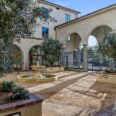
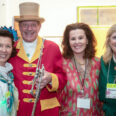



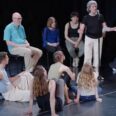






 0 comments
0 comments
